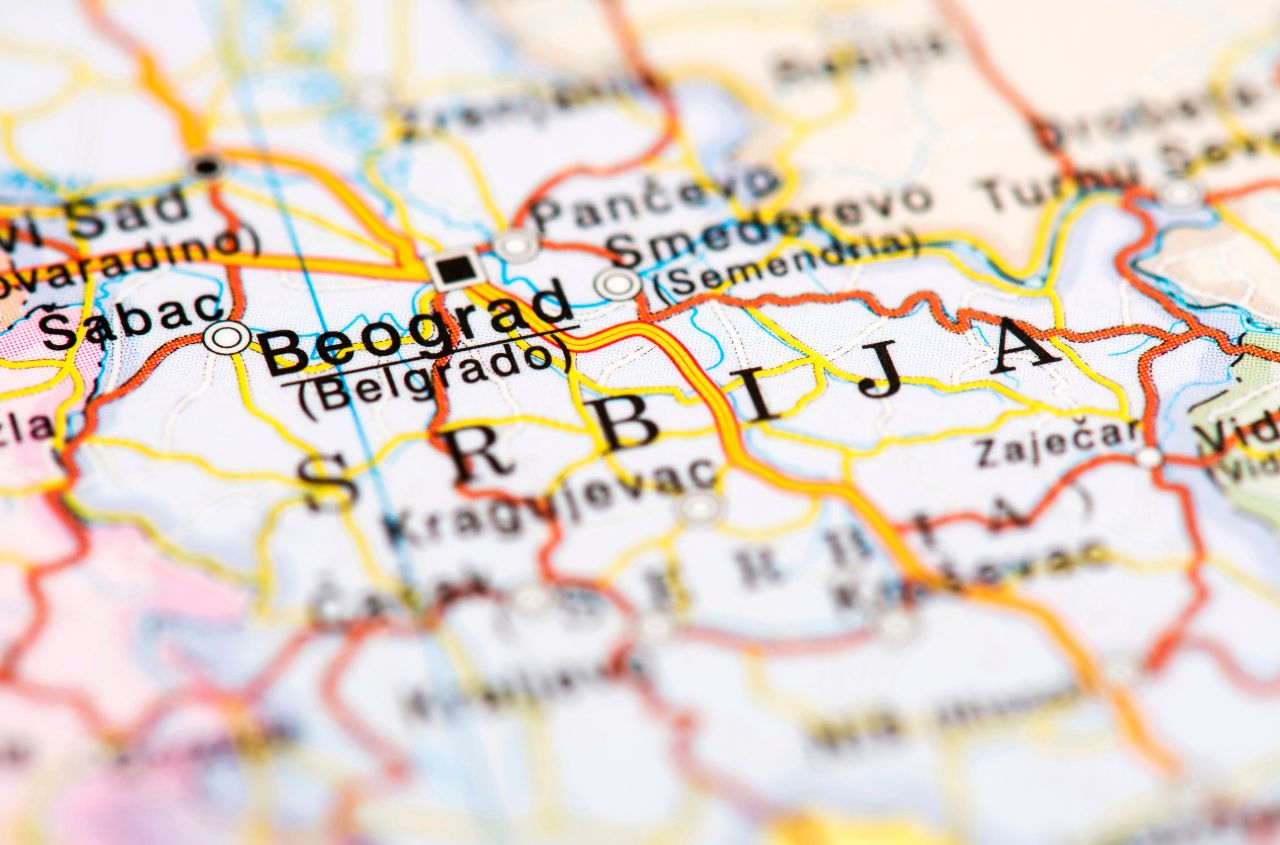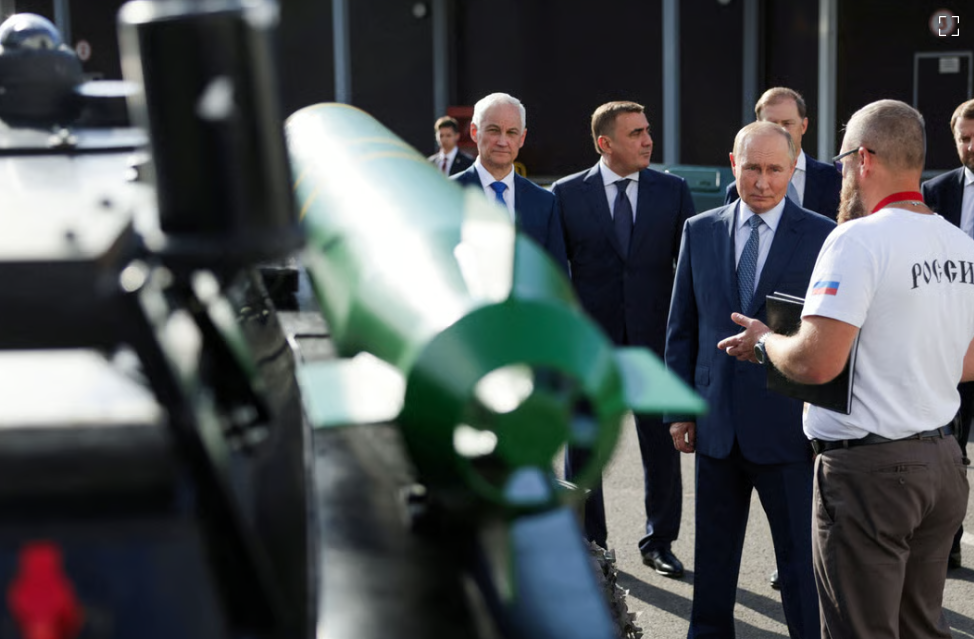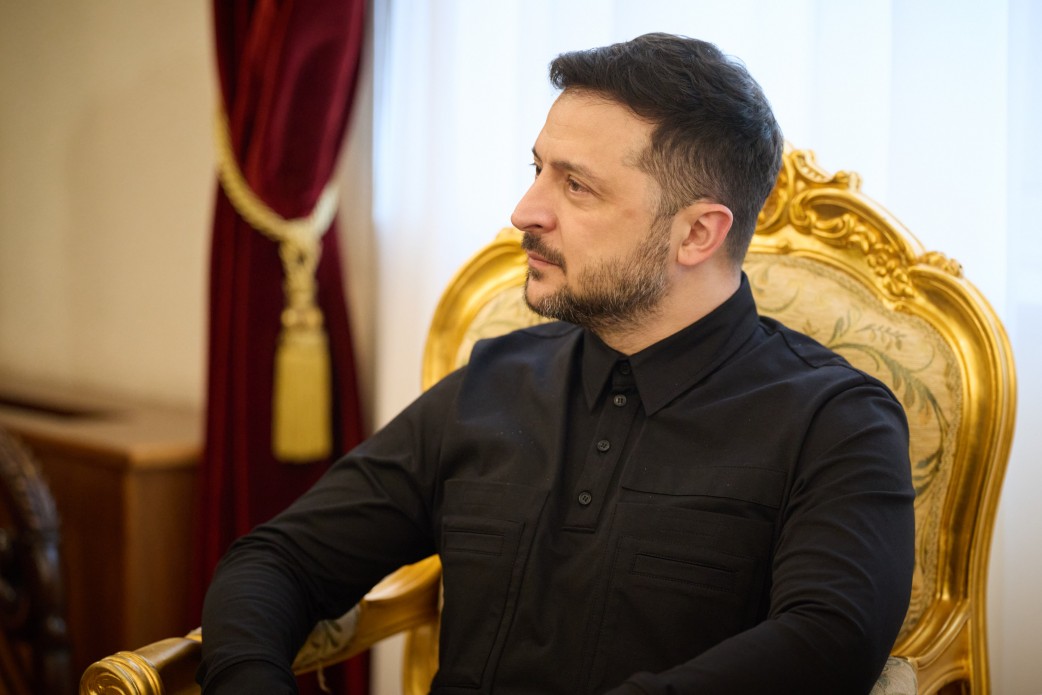The European Union has accused Serbia of aligning too closely with Russia and demanded that it stop issuing passports to Russian citizens. This requirement is included in the “Enlargement Package” — a series of documents outlining the European Commission’s policy on EU enlargement. The package contains separate reports on the progress of each candidate country seeking EU membership.
In the report on Serbia, the European Commission notes that the country’s democratization process has slowed, and the parliament’s effectiveness and oversight functions have declined “due to infrequent sessions” and “a lack of genuine political debate.” The Commission also criticized the Serbian government for creating “difficult conditions” for the operation of non-governmental organizations and civil society groups.
A significant portion of the report focuses on Serbia’s relations with Russia. The European Commission accused Belgrade of refusing to join EU sanctions against Moscow and criticized President Aleksandar Vučić for “demonstrative contacts” with Russian leadership, including attending the Victory Day Parade in Moscow on May 9 and holding talks with Vladimir Putin. The report emphasizes that Serbia has “made limited progress” in aligning with the EU’s common foreign, defense, and security policy. While Belgrade partially supported some EU Council decisions, including statements condemning Russia’s actions, it “maintained a high level of contacts with Moscow and rhetoric containing elements of anti-Western propaganda.”
The Commission paid particular attention to Serbia issuing passports to Russian citizens. “Serbia’s visa policy still only partially complies with the list of third countries for which the EU requires visas. Granting Serbian citizenship to Russians effectively gives them the right to enter the EU visa-free, creating potential security risks for the Union,” the report states.
Brussels has demanded that Belgrade align its visa policy “with EU standards” and ensure “strict control of visa-free entry for citizens of third countries, especially from states that pose a security threat or risk of illegal migration.” Additionally, the Commission urged Serbian authorities to “strengthen checks when granting citizenship to foreigners, as holders of Serbian passports enjoy visa-free entry privileges in the EU.”
The report also notes that Belgrade continues to operate flights to Russia at increased frequency and has not joined sanctions against China, Belarus, Iran, or North Korea. According to the European Commission, Serbia has not taken sufficient measures to counter foreign information interference. On the contrary, the REM Council (media regulator) granted RT (Russia Today) a license to broadcast in Serbian via the state telecommunications network Telekom Srbija.
According to the report, the EU-Serbia Agreement on the Status of EU Missions came into effect on April 1, 2025. Belgrade has taken partial steps toward aligning its visa policy with the EU by reinstating visa requirements for citizens of Kuwait, Mongolia, Oman, and Qatar in December 2024. However, overall, Serbia’s visa policy “remains only partially aligned” with EU standards.
The EU is also concerned that Serbia continues to rely on Russian gas and oil supplies, despite taking some measures to diversify imports. In May 2025, Belgrade extended its gas contract with Russia for another four months, which, according to the European Commission, “further entrenches dependence on Russian raw materials.” On October 9, the United States imposed sanctions on Serbia’s largest oil company, NIS, 56% of whose shares are controlled by Gazprom Neft and Gazprom subsidiaries.




















